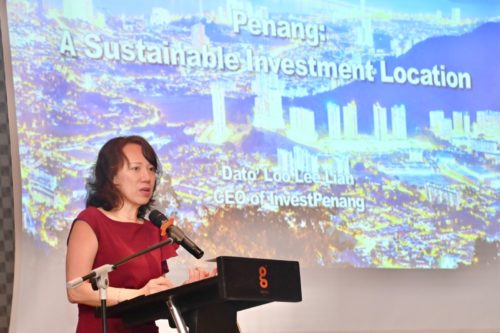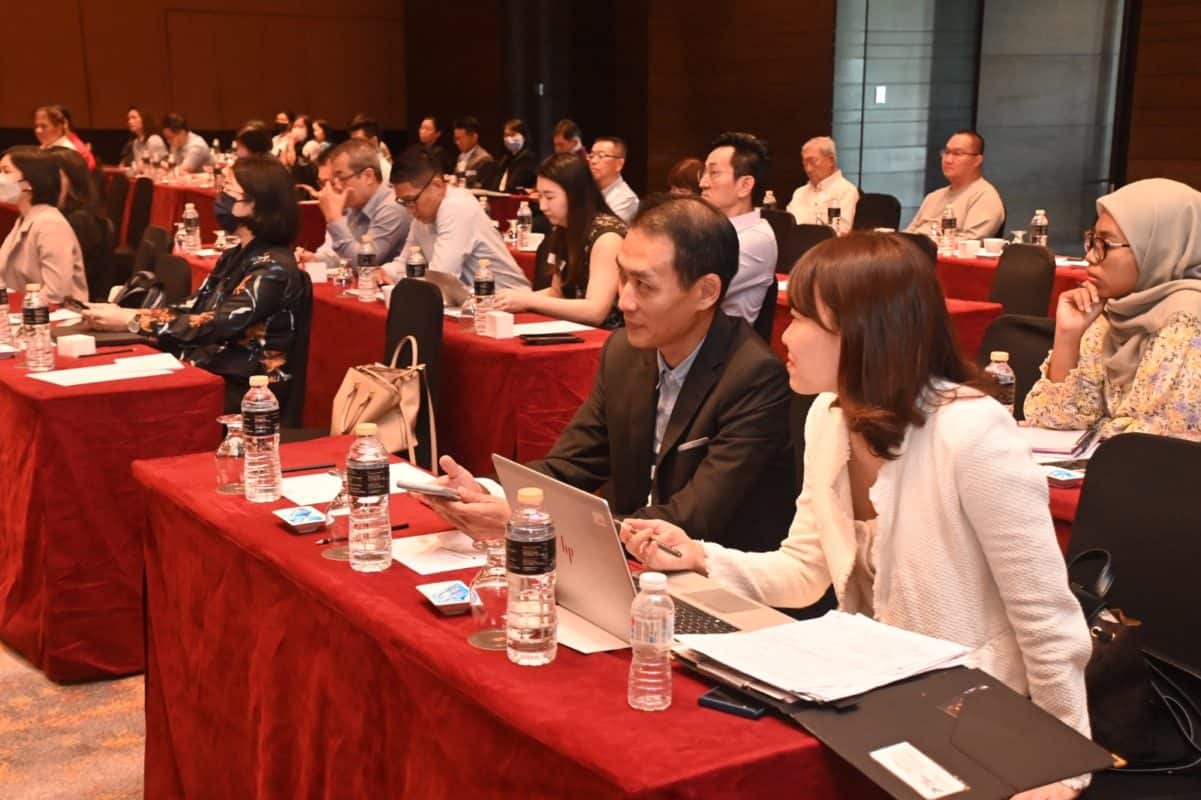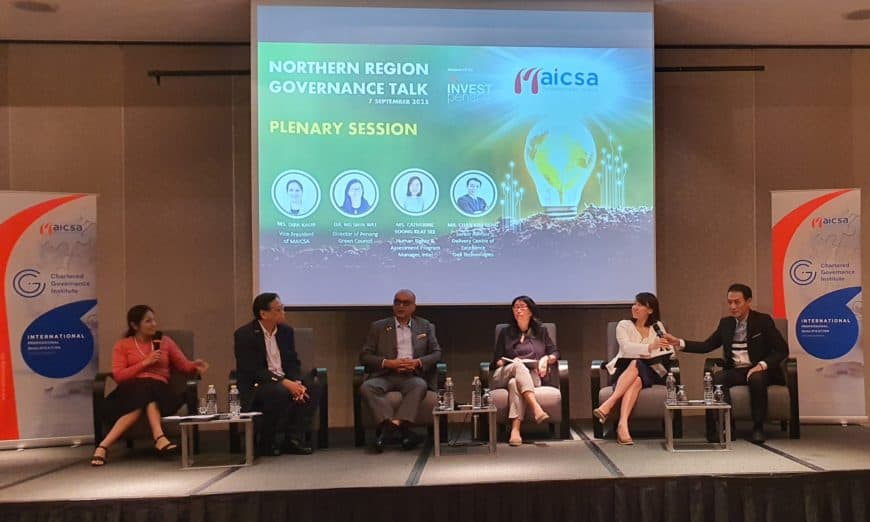THE medical technology industry in Penang is growing from strength to strength, says InvestPenang chief executive officer Datuk Loo Lee Lian.
She said the global medical device market is projected to reach a value of US$745 billion by 2030 during a keynote address to 30-odd participants at the MAICSA Northern Region Governance Talk at G Hotel in Gurney Drive today.

“Leveraging on 50 years of excellence, Penang is on the right trajectory towards becoming the MedTech hub of Asia,” Loo said.
In addition to the MedTech sector, Loo highlighted that the digital economy is another key area of growth for the state. Penang is also focusing on industries such as machinery and equipment, IC design, and automotive among others.
However, Loo reiterated that the semi-conductor industry will remain Penang’s core growth area, despite its cyclical nature.
She said the global semiconductor market size is projected to grow from its current US$600 billion to US$1 trillion by 2030.
Loo expressed optimism about the semiconductor industry’s future, as the demand for electronics continues to rise. Currently, Penang contributes five per cent of global semiconductor sales, positioning itself well to capitalise on this growth.
Penang houses three of the global top 10 semiconductor leaders (by sales) and six of the global top 50 medical device companies (by sales).
The majority of the investors in the state come from the United States, Europe and Japan, with some Chinese companies recently entering the market.
Due to limited available land, Loo said the state is cautious when considering investors.

Despite being the second smallest state in Malaysia, Penang accounts for 30 per cent of Malaysia’s total exports.
Loo acknowledged the strong headwinds the region faces, including geopolitical issues, climate change, talent shortages, supply chain disruption, and inflation.
MAICSA (Malaysian Institute of Chartered Secretaries and Administrators) president Simon Yeoh Seng Leong stressed the importance of members staying updated on corporate governance developments, tax changes and government grants.
Dipa Kaur, the vice-president of MAICSA, discussed the book she was instrumental in its publication, titled “Evolving for the Future,” which serves as a corporate governance guide for non-listed companies.
She was also the moderator for the talk, which was hosted by Justin J. Anthony, the chief executive officer of MAISCA.
The talk featured panellists Catherine Soong Keat See from Intel, Dr Ng Shin Wei from Penang Green Council, and Chan Kim Beng from Dell Technologies. The discussions also incorporated considerations related to environmental, social and governance (ESG) factors.
Story by K.H. Ong
Pix by Law Suun Ting

